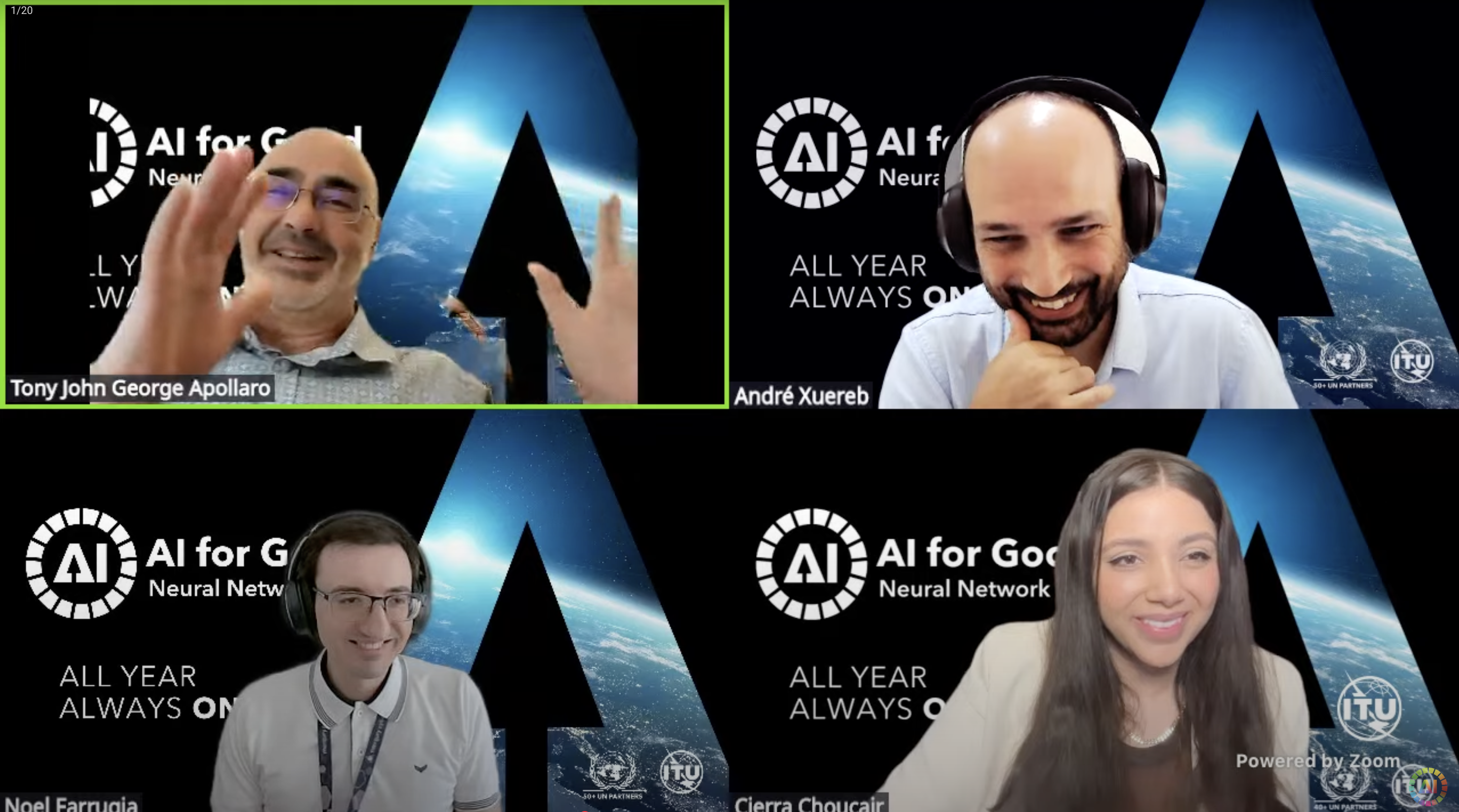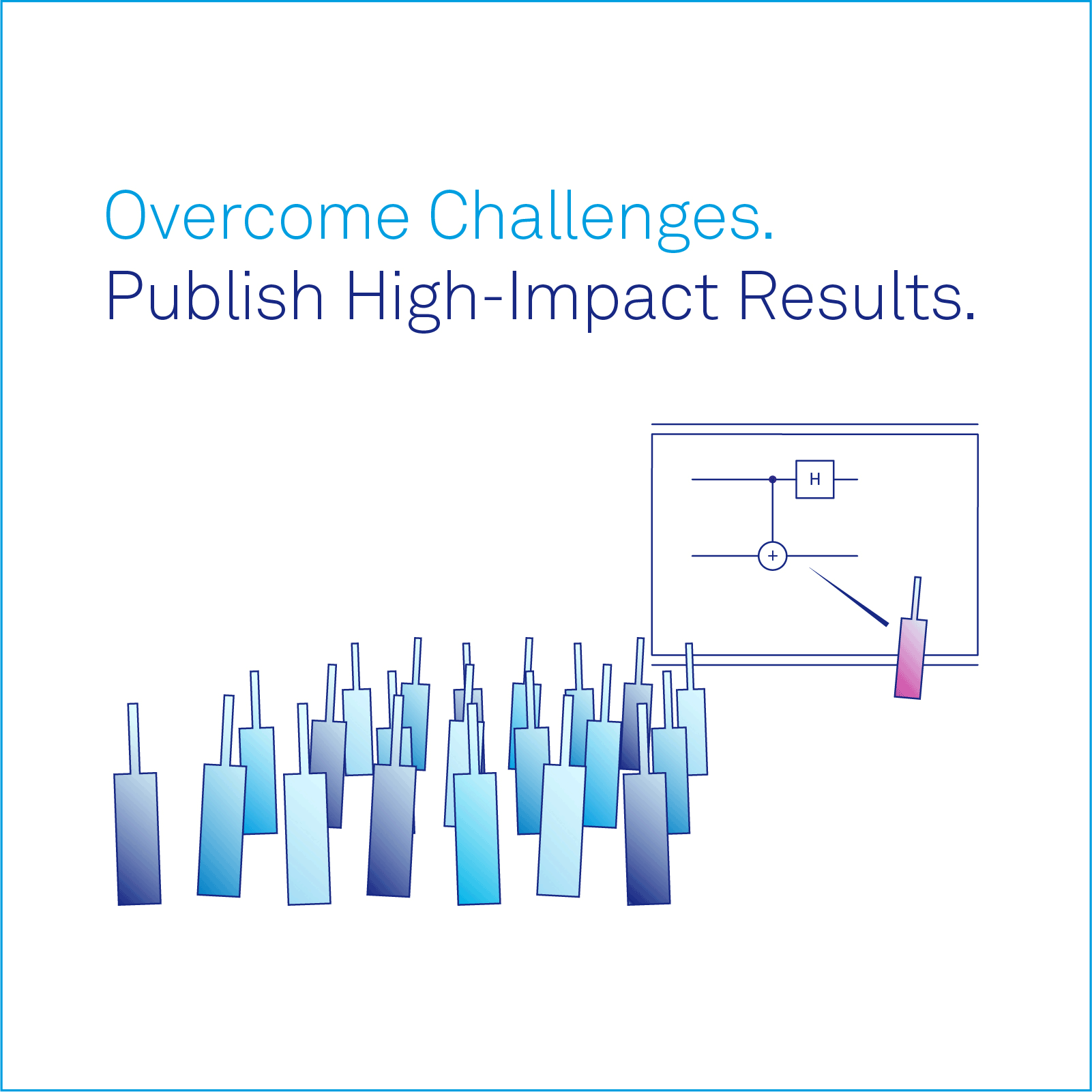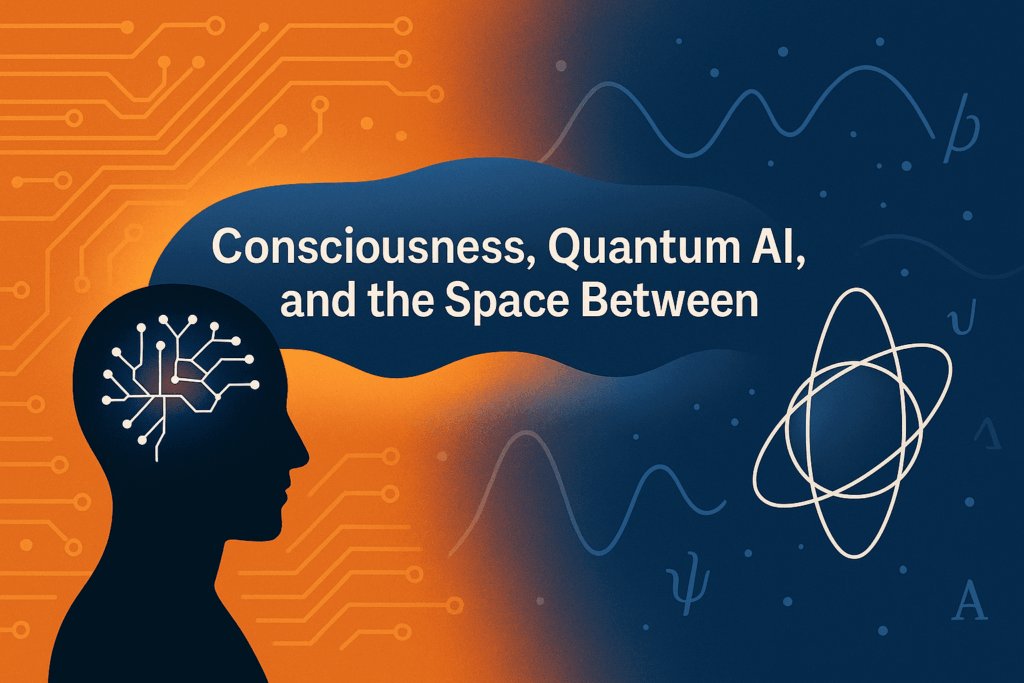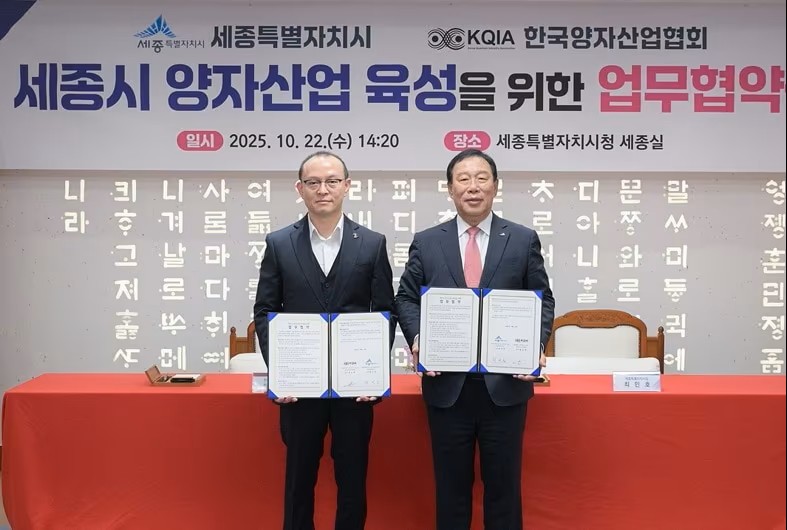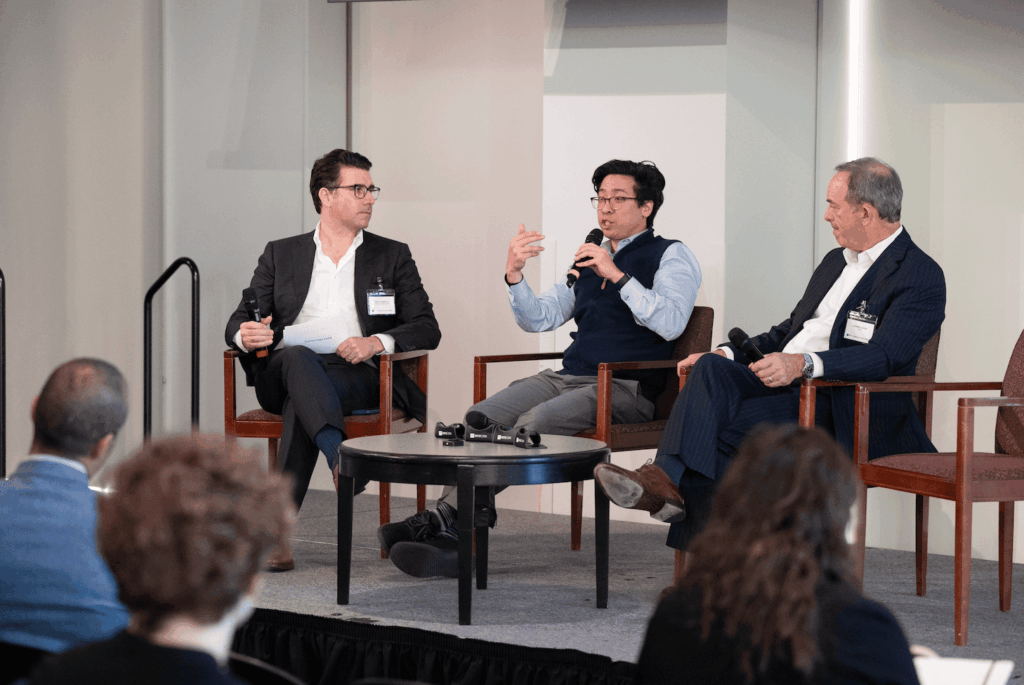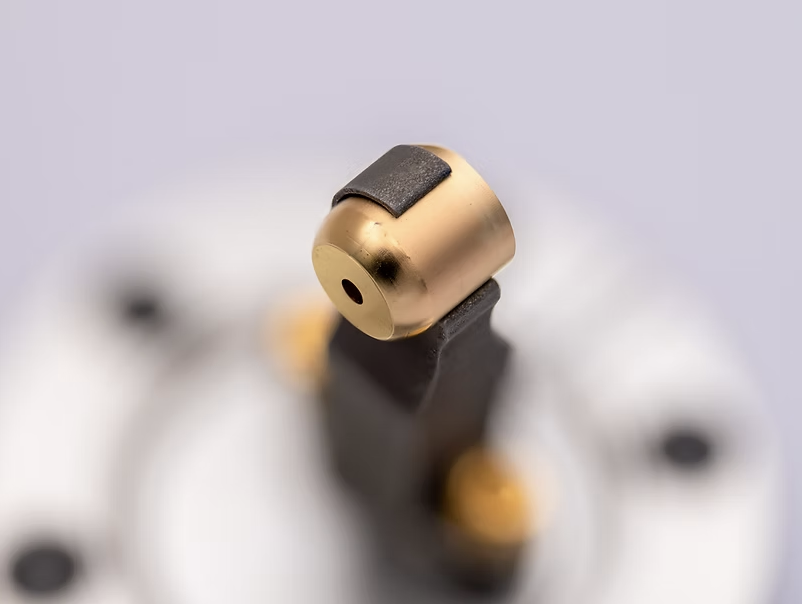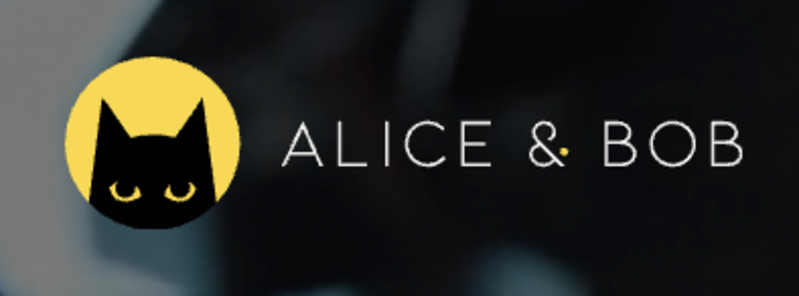Insider Brief:
- Malta served as the first stop of the Quantum World Tour, an initiative launched by the ITU and The Quantum Insider to showcase how nations translate quantum strategy into action.
- Malta positions itself as a testbed and connector, leveraging its small size and geography to advance projects like PRISM, Europe’s first nationwide QKD network.
- Startups like Merqury Cybersecurity demonstrate how research translates into real-world impact, addressing urgent risks such as “harvest now, decrypt later” threats.
- Workforce leaders stress the need for reskilling, stronger institutional structures, and collaboration across government, academia, and industry to sustain growth.
On September 9, 2025, Malta became the first stop of the newly launched Quantum World Tour, an initiative of the International Telecommunication Union (ITU) and The Quantum Insider. Designed as a “living blueprint” of how nations are translating vision into infrastructure, talent, and commercialization, the Tour opened with a spotlight on Malta’s emerging quantum ecosystem. Watch the episode here.
Setting the Stage: Malta as the First Chapter
Cierra Choucair, Director of Strategic Content at The Quantum Insider and co-host of the Tour, framed the series as a global experiment in transparency and collaboration: “Each stop on the tour is intended to highlight a national ecosystem, including the priorities, challenges, and opportunities associated with that nation. This is done with the hope that we, together, can build a more transparent, collaborative and globally connected quantum community.”
H.E. Randolph De Battista, Malta’s Ambassador and Permanent Representative to the UN in Geneva, made that case that Malta, despite its small size, was an apt starting point: “Quantum technologies are no longer a distant theory. They are fast becoming the everyday conversation on security, communications, health, and industry. That is why this tour matters. It’s not just about labs and patents, but about how governments, academia and business together, prepare for what will be one of the defining shifts of the of our time…Small states like ours often need to innovate to stay relevant. We cannot compete on scale, but we can compete on ideas, on talent and on openness to collaboration.”

Malta’s Quantum Ecosystem: Policy, Partnerships, and People
Malta’s digital ambassador and physicist Prof. André Xuereb presented a national briefing that traced the country’s trajectory from theoretical quantum optics research into applied projects with global visibility. He highlighted three lessons from Malta’s journey: luck and timing matter, small nations must maximize existing infrastructure, and research often yields unexpected side benefits. In Malta’s case, experiments distributing entanglement through submarine cables with Sicily also opened new methods for seismic detection.
At the center of Malta’s ecosystem is PRISM, the EU-backed project building Europe’s first nationwide quantum key distribution (QKD) network. PRISM connects the University of Malta with startups such as Merqury Cybersecurity Ltd. and edQuanta, along with telecom operators and public authorities. Xuereb emphasized that PRISM is both technical infrastructure and a training ground, advancing workforce development alongside security innovation.
Beyond PRISM, Malta’s University of Malta is advancing programs in quantum algorithms and machine learning, in collaboration with IBM, Amazon, and Airbus. Outreach initiatives such as the Qalypso Summer School and a permanent exhibit at Esplora are broadening societal engagement and fostering a talent pipeline.
National Quantum Panel: Malta’s Model of Agility
The first panel brought together André Xuereb, Malta’s Ambassador of Digital Affairs; Noel Farrugia, CTO at Merqury; and Tony John George Apollaro, Associate Professor at the University of Malta.
During the discussion, panelists emphasized how Malta’s unique geography and size allow it to act as both a testbed and a connector. For instance, early work linking Malta to Sicily via submarine cables not only proved entanglement distribution but also unexpectedly opened a new avenue in seismic monitoring, a reminder that quantum research often spills into unanticipated benefits.
The panel also discussed Malta’s deliberate entry into the quantum scene. Rather than attempting to cover every aspect of the field, Malta is strategically focusing on niches where it can move quickly, such as theory, regulatory frameworks, and targeted collaborations. As Xuereb framed it, “small countries can still thrive… by establishing niches and aspects that provide quicker wins, such as theory, collaborating with key international partners and exploiting unique geographical or thematic aspects.”
These insights speak to how Malta demonstrates a model of agility and targeted investment that other small states might follow.
Startup Showcase: Merqury Cybersecurity
The startup showcase highlighted Merqury Cybersecurity Ltd., represented by Amy Marie Calleja, who traced her own journey from summer intern to software developer while pursuing advanced studies in computer engineering. Calleja described how Merqury brings the latest developments in research to real-world application, focusing on quantum-safe solutions that integrate quantum key distribution and post-quantum cryptography.
Addressing urgent risks such as “harvest now, decrypt later” threats, Calleja explained how Merqury is working to ensure long-term data security for governments, telecom providers, and enterprises. She also highlighted the company’s role in the EU-backed PRISM project and outreach efforts, from hackathons to live demos, aimed at making quantum security approachable and actionable.
Workforce Development Panel: Collaboration Amid Constraints
The workforce panel featured Jean-Marie Mifsud, Chief Innovative Technology Officer at Malta Digital Innovation Authority; Johann A. Briffa, Professor at the University of Malta; Tony John George Apollaro, Associate Professor at the University of Malta, and Simon Montanaro, Director at Melita. Participants noted that Malta’s compactness naturally encourages trust and easy collaboration—“it really takes just an email to reach stakeholders”—yet also strains capacity, as individuals often wear multiple hats across research, policy, and education
Panelists called for stronger institutional structures, such as a dedicated national quantum institute, to relieve these pressures while still leveraging Malta’s agility. Education and reskilling initiatives were seen as crucial for sustaining growth.
Hopes for Malta’s Quantum Future
When asked the Tour’s signature opening question—“What do you want quantum to do for your country?”—the panelists offered distinct yet complementary visions:
- Apollaro stressed inclusivity: “Quantum is much more than just technology. Technology is one aspect of quantum, but quantum, like science, has always brought societal revolution with it, and we still have to figure out what will be the societal revolutions that quantum will bring in. So what I want quantum to do for Malta is exactly what you mentioned about inclusiveness. It has to be inclusive technology, and this can be achieved only by involving citizens at every stakeholder [level], from schools to politics to economy to build and to grow together.”
- Xuereb pointed to economic opportunity, resilience, and sovereignty: “There will be new economic niches which are generated out of this. And certainly I wish Malta to be in a position to capture its share of these economic niches—for economic benefit, as well as for being part of creating the story. I love the idea of being there creating the technology, being a technology developer, not just a technology adopter or user.”
- Farrugia, drawing from engineering experience, highlighted applications with local relevance: “When I look at what I want quantum to do for Malta, I look at it from an engineering perspective. I would say: let’s use quantum for things that are relevant locally. For example, quantum can be used to enhance seismic detection and protect us from earthquakes. We can also secure our national infrastructure with quantum communication systems.”
- Mifsud emphasized the importance of trust and balance as society adapts: “As a representative of a public body I come from the Malta Digital Innovation Authority, which is a public authority that seeks to foster trust in digital innovation… what I would like for Malta and the citizens and residents is that we will be able to reap the benefits, to address the challenges, but also to maximize the opportunities.
- Briffa warned about the speed of change: “The biggest challenge we face is that quantum is moving so fast that by the time we train people, the skills required are already changing. So flexibility and lifelong learning are essential.”
- Montanaro emphasized Malta’s collaborative advantage: “Collaboration is quite natural here because of our size. Everyone knows everyone, and that means people tend to be quite up to the challenge and very interdisciplinary, because they have to be.”
Together, these answers illustrated how Malta’s size is both a challenge and an advantage: limited resources but natural collaboration across government, academia, and industry.
Malta’s Message for the Next Destination and Beyond
To close the session, panelists were asked what they wanted South Africa, the next stop on the Tour, to know about building a quantum ecosystem.
- Apollaro stressed the importance of continental collaboration rather than isolation: “You cannot build an isolated quantum ecosystem. South Africa has to engage with the rest of the continent, institutionally. There are several organizations, and it has to be transnational. It has to be top down and bottom up at the same time. Otherwise it doesn’t work.”
- Xuereb highlighted the value of finding unique strengths and bringing local character into the effort: “There’s no need to copy [other countries’] philosophy, their way of doing things. We have our own way of doing things. We can bring something to it ourselves. And I’m pretty sure that’s the same thing that the South Africans would appreciate. They have a lot that they can bring to the table.”
- Farrugia reminded that the quantum workforce must draw from many disciplines: “In order to be in the quantum industry, you don’t have to be a quantum physicist. The quantum industry needs electrical engineers, mechanical engineers, software developers. So you don’t have to sort of recruit only quantum physicists, because you need all of the other people.”
- Mifsud emphasized the critical role of workforce upskilling and reskilling: “Facilitate upskilling and reskilling of the workforce. So obviously, there’s a lot of focus on new graduates and postgraduate students, but any change must be also endorsed by existing engineers and physicists. So the upskilling and reskilling of the workforce is very important, and it can be easily addressed if there is collaboration between the public sector, academia and also industry.”
- Briffa focused on the need to demystify quantum: “It’s essential to frame where there is an incentive for existing engineers to get onto these new technologies…It’s not that quantum technology is inherently difficult in itself. I mean, not more than many other technical subjects. It just that it sounds definitely hard, and we need to get across the message that much of the fundamental mathematics and other tools that engineers already know are exactly the same tools that you would need to understand quantum technologies.”
- Montanaro reinforced viewing quantum as part of a broader ecosystem: “It is not about just quantum, but it’s an ecosystem, and they will have to integrate. That would be number one. I think number two, if you’re definitely focused on quantum I would add laser focus on a particular aspect. It’s such a broad project that the minute you move away from academia to the industry side of things, you have to be extremely focused if you want to drive forward”
Together, their advice reflects a core principle of the Quantum World Tour: quantum readiness is not a zero-sum race but a shared effort where nations can learn from each other’s successes and constraints.
Building on Malta’s Blueprint
The Malta episode demonstrated how even the smallest countries can meaningfully shape the global quantum landscape. By focusing on integration, security, and workforce development, Malta is positioning itself as both a contributor to Europe’s quantum infrastructure and a testbed for practical applications.
For the Quantum World Tour, Malta set the tone: candid discussion of challenges, a spotlight on collaboration, and the recognition that quantum technology must ultimately serve society. As the Tour moves on to South Africa and beyond, the series will continue to capture how nations of every size are charting their own course in the quantum age.
A full report on Malta’s quantum ecosystem, powered by The Quantum Insider’s market intelligence, will be released soon. To stay updated, subscribe to our newsletters or follow us on LinkedIn. Watch a replay of Malta’s episode here.

